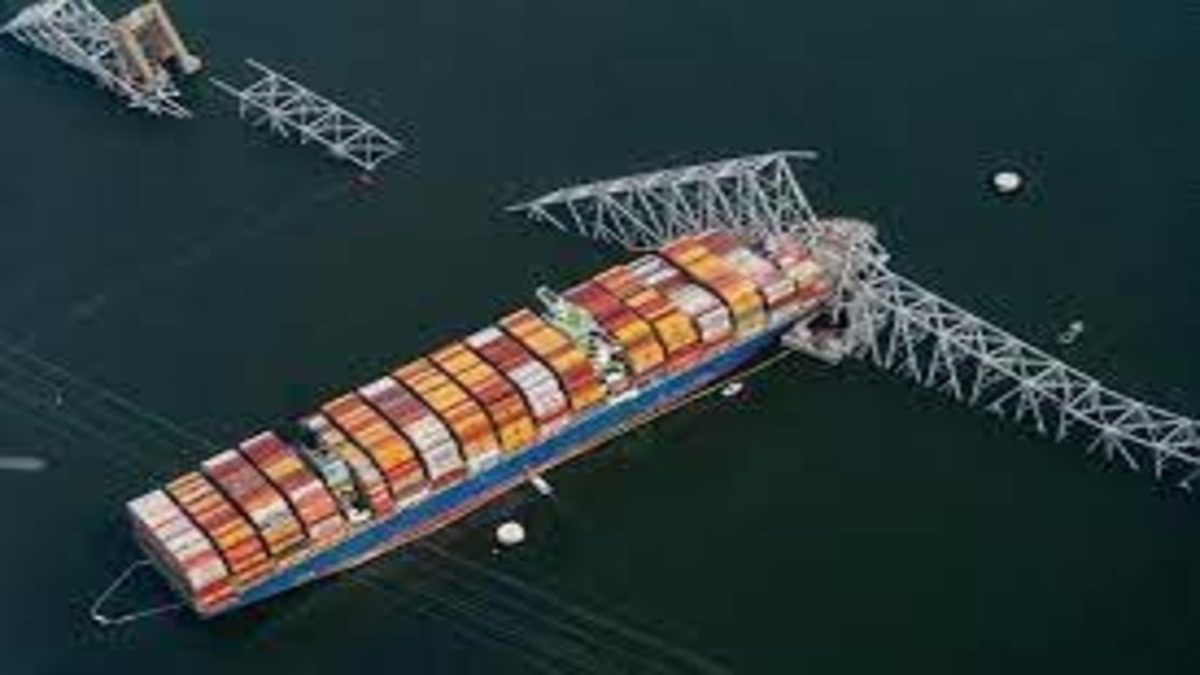How the Bridge Collapse in Baltimore Stands to Affect the Economy
The collapse of Baltimore’s Francis Scott Key Bridge, caused by a container ship collision, led to six presumed deaths and prompted a transition from search-and-rescue to recovery efforts, according to Coast Guard Rear Admiral Shannon N. Gilreath. The tragic event occurred when the cargo ship Dali, experiencing power loss, struck the bridge support, causing it to disintegrate around 1:30 a.m. Efforts to locate survivors were hindered by frigid water conditions and the substantial time elapsed since the incident.
Although one person reportedly survived, the fate of the others remained uncertain, devastating their families awaiting updates. The accident, ruled as not terrorism-related, led to an emergency declaration by Maryland Gov. Wes Moore. Investigations indicated the ship’s involvement in a prior accident and raised questions about operational factors.
President Joe Biden pledged federal support for bridge reconstruction, emphasizing its significance to Baltimore’s infrastructure. Transportation Secretary Pete Buttigieg echoed the commitment but cautioned about the complexities and potential supply chain impacts. The closure of the Port of Baltimore, one of the nation’s busiest, underscored the broader ramifications.
The tragedy highlighted the bravery of those who responded and the challenges faced in recovery operations. With debris littering the water, recovery efforts were expected to be prolonged and hazardous. Despite the monumental task ahead, pledges of support and acknowledgment of the bridge’s importance reflected a united commitment to addressing the aftermath and rebuilding the vital infrastructure.
#BaltimoreBridgeCollapse #InfrastructureTragedy #RecoveryEfforts #CommunitySupport #TransportationSafety
